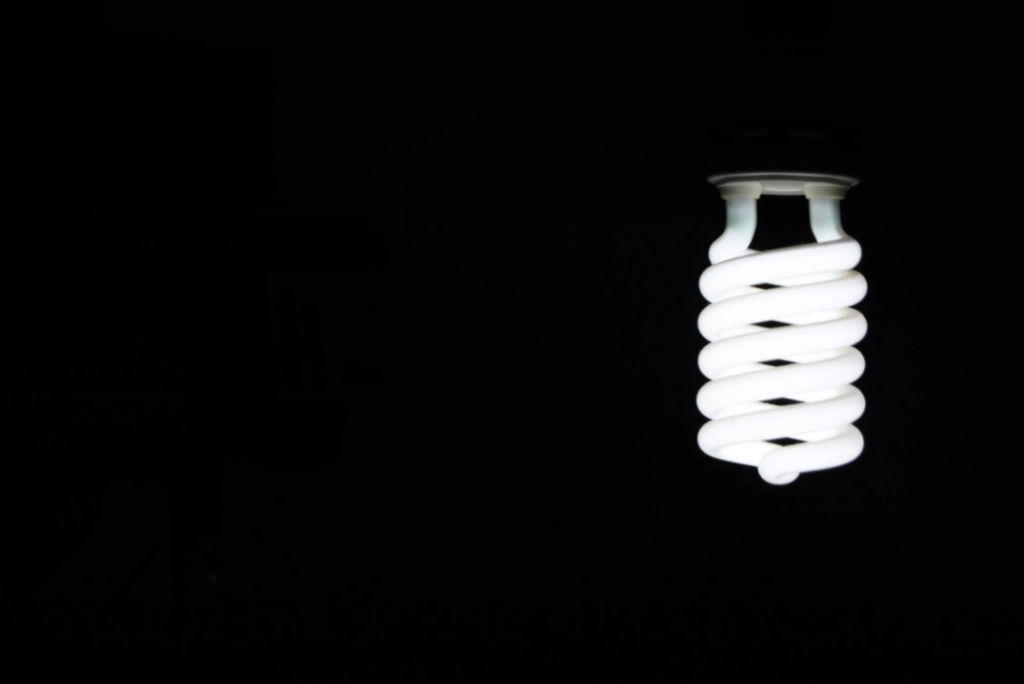There are a lot of reasons why the power grid can go out, leaving your home in the dark. Whether it’s natural disasters, rolling blackouts, or a cyber-attack, it pays to have a backup. That’s especially true if someone in your household depends on a medical device, like a CPAP machine. The fact is, under certain circumstances, a power outage can turn deadly. Fortunately, there are ways to keep the power running at home, even when the grid goes down.
Solar Power
If you are considering solar for your home, know the difference between a grid-tied system and an off-grid system. Most of the rebates and tax breaks offered to homeowners are for grid-tied systems; a grid-tied system feeds the electricity from your panels back into the grid, giving you a discount on your electric bill. Although you have a solar system, you’re still tied to the grid. On the other hand, an off-grid solar system is just that, off the grid. The electricity is stored in batteries, then fed into your home. As long as the sun is shining, your house will be up and running.
Gas, Diesel, and Propane Generators
Generators are a powerful tool during a grid-down situation. However, never use a portable generator inside your home. Just like a car engine, the exhaust from a generator is toxic. However, unlike solar panels, generators will keep your home running, even during inclement weather. If you live in an area affected by extreme hot or cold weather, a whole-house generator could be the best option. It will be powerful enough to power your HVAC system, and it will also keep running, even without the sun. Whole-house generators are available in both gas and diesel, as well as natural gas and propane. The advantage to a gas or propane generator is that it can be piped to your home’s gas or propane supply.
Wind Power
A wind turbine is usually best as a back-up for solar. Like solar, wind power needs to be stored in a battery system. However, even in windy areas, there can be many windless days in a row. Also, home wind turbines can be fragile in high winds. As a result, many living off-grid have both solar and wind, with a portable generator as a back-up.
While those living off-grid full-time often choose solar and wind, with a generator as a back-up, a whole-house generator can be a better choice for city dwellers.
